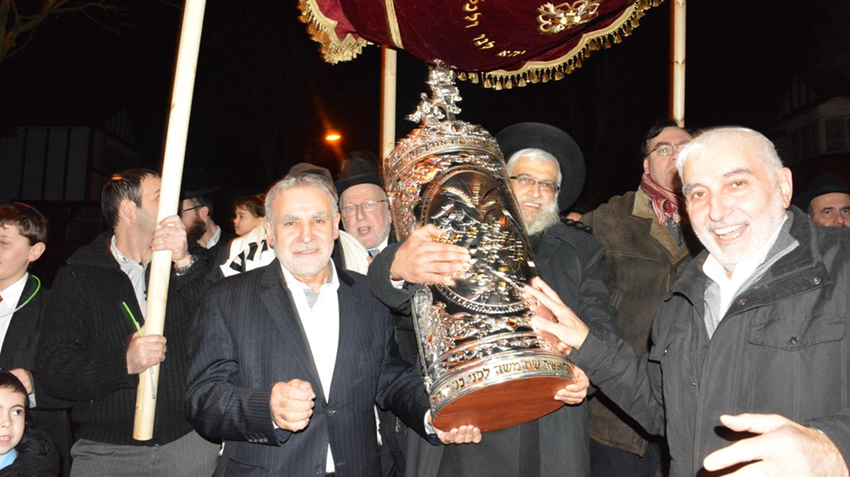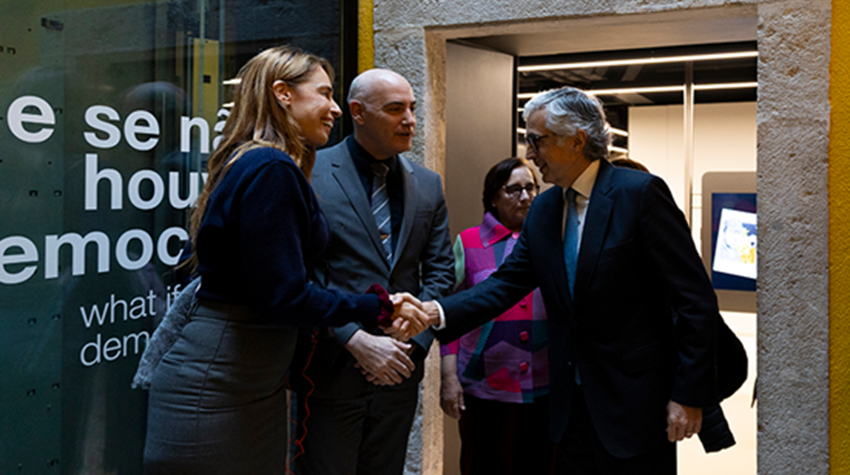This is a tale of incredible perseverance. Eight decades after his aunt, called Sewusia Fajwlowicz, disappeared in Piotrków, Poland, a member of the Jewish community of Oporto has been trying to discover her whereabouts or her tragic end.
Josef Lassmann is determined to solve this mystery. He collected a DNA sample from his mother, now aged 97, and now places all his hopes in the skill and professionalism of Luísa Pereira, PhD and Head of the Genetic Diversity Group of Oporto University (Ipatimup). She will compare that sample with those in genetic databases all over the world.
Lassmann, a member of the board of the Holocaust Museum of Oporto, recounts that before his grandmother and mother were taken to Auschwitz, where they miraculously survived the ordeal of the terrible Block 10 experiments carried out by Josef Mengele, the “Angel of Death”, they had entrusted his aunt, then aged about seven, to the custody of a Polish citizen, who either abandoned the child or gave her up to the Nazis during the war. They never knew what had happened.
"The most likely thing is that my aunt, a fragile child, was murdered, but hope is the last thing to die. She may have survived, she may have been rescued by a Christian family, she may be alive today and in her 90s, she may have left children, who would be my cousins " – says Lassmann.
Lassmann’s experience from his contact with the public at the Holocaust Museum of Oporto is that the young, but also older people, give him the impression that the Holocaust will tend to be totally forgotten by the world. "As a rule, people think that the Holocaust was a war that happened in Germany. How can we explain the miracle of my mother’s and grandmother’s survival? How can we explain the paramount need that led them to hand over a seven-year-old girl to a woman who would abandon her? This all happened after my grandfather was arrested by the Gestapo while praying in a synagogue and no doubt he was executed on the spot”.
The Oporto Holocaust Museum invests in teaching, professional training of educators, as well as in the promotion of exhibitions, encouraging and supporting research. The President of human rights organisation B'nai B'rith International underlined the important role of the new Museum: "This impressive Holocaust Museum is a testimony to Jewish heritage and resilience. May it serve as a beacon for Portugal and the rest of Europe".



































